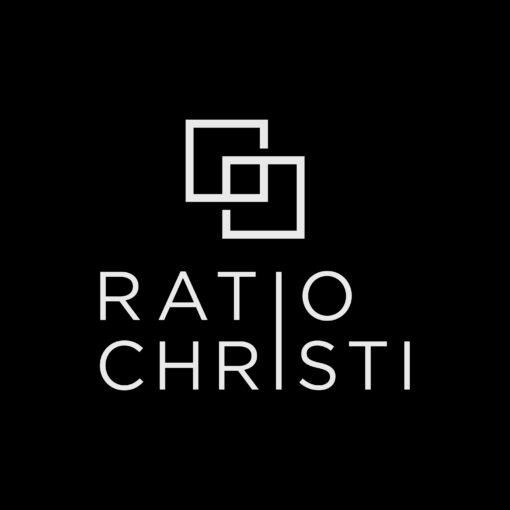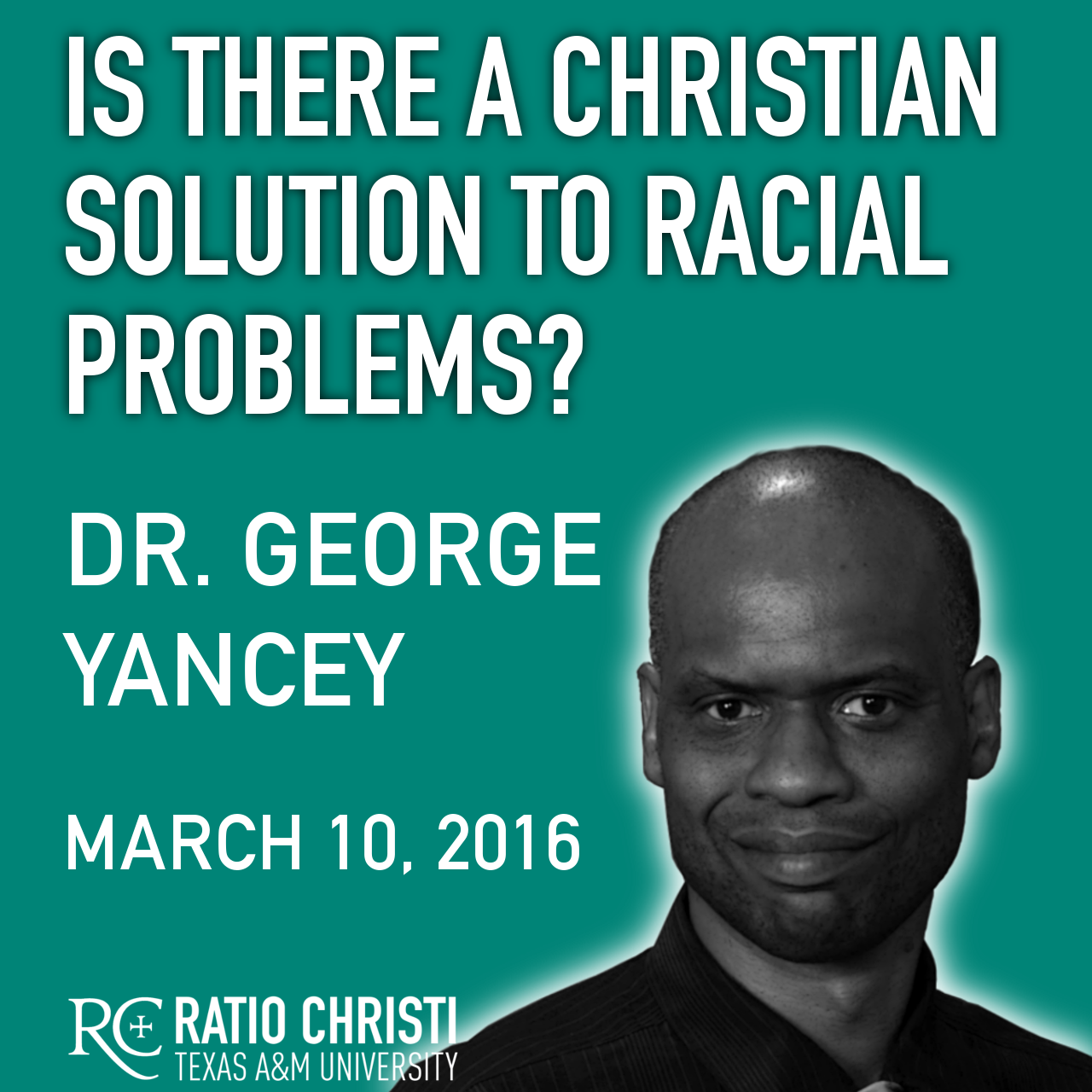In this guest talk, Rob Reed discusses Divine Command Theory and the question of whether or not it makes morality arbitrary. He considers the way the Euthyphro dilemma is commonly posed and shows that when we take DCT to be a theory of obligation and not a general theory of goodness, the dilemma disappears. A good God gives commands consistent with his good nature. Most of the historical proponents of divine commands grounding obligations Suarez, Pufendorf, Cumberland, Culverwell, Locke, had a theory of the good that was prior to their theory of the right. Rob discusses the contemporary Christian philosopher Robert Adams who defends this sort of DCT in his book “Finite and Infinite Goods”. Adams uses a Platonic theory of the good to ground his divine command theory of the right and surely Plato’s theory of the good does not fall prey to the Euthyphro dilemma! One might wonder what theoretical work a divine command theory of the right does if it depends upon a prior theory of the good. Rob concludes with how the problem of sin makes the divine commands useful.




